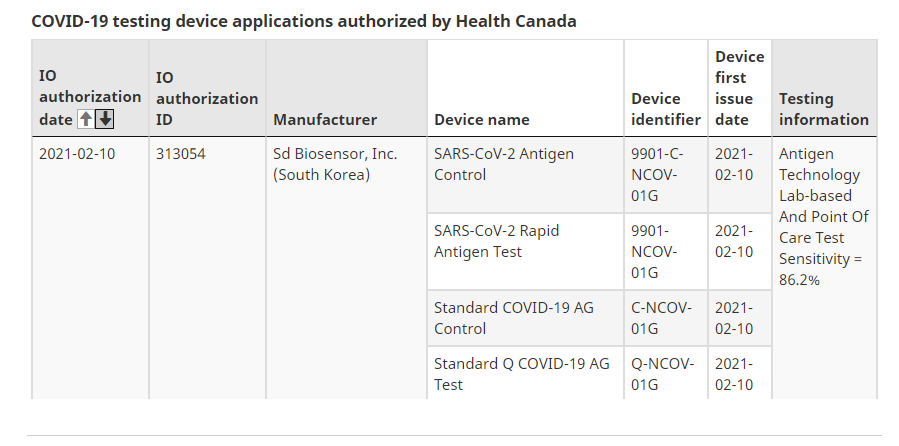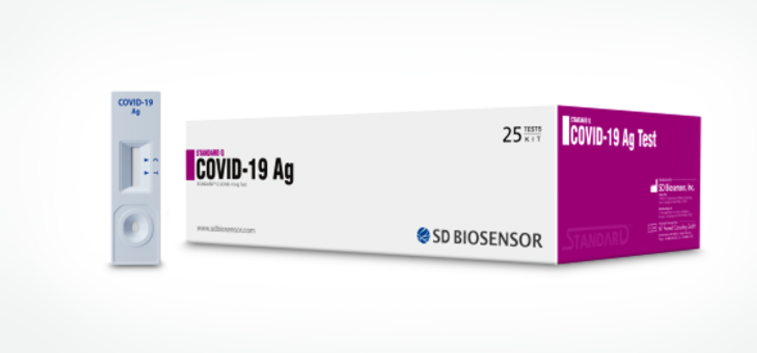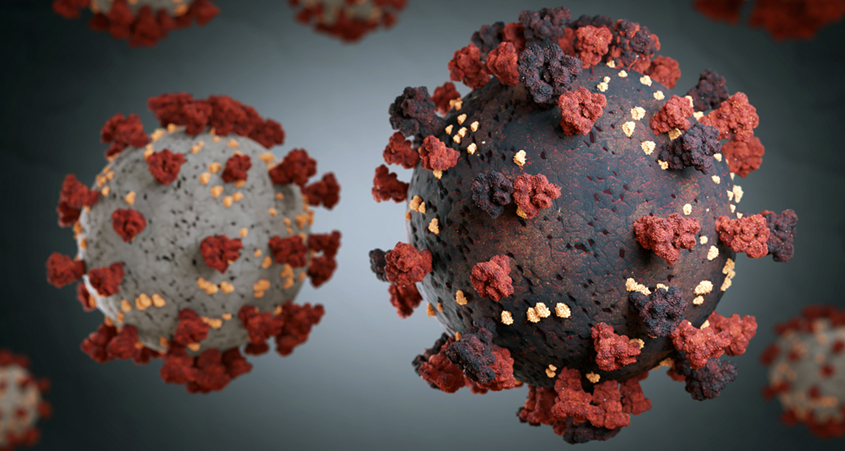It’s been a long winter so far because we’ve had to spend so much of it, indoors. Mentally, I’m all there to start my Spring with fresh fragrant air and begin outdoor activities including dining out.
But I have a concern that has me now very worried.
Both the American and Canadian public health officials have warned about another surge of infections due to the U.K. variant now in all ten provinces. In Newfoundland, the U.K. variant has created havoc to their election. There are now cases of the South African strain in Mississauga.
When will we expect our surge in Ontario?
“We’re sleepwalking into a brutal third wave”
Dr. Brooks Fallis in Globe & Mail, Op-Ed.
It’s time for all of us to get ready in advance of the next potential surge of the U.K. and S.A. COVID-19 variants.
Wear TWO Masks and Use Eye Protection
The CDC’s new recommendations advise people to select masks with a nose wire that can be adjusted for a snug fit, and to use a mask fitter or brace to better seal their masks.

It’s no longer good enough to wear a non-medical mask.

Picture A: DO NOT wear unfitted three-ply medical mask with gaps alone
Picture B: three-ply medical mask covered by a three-ply cloth cotton mask
Picture C: knotted and tucked medical mask
The Centers for Disease Control and Prevention announced new guidelines last week that include wearing well-fitting face masks OR two masks at a time to help curb the COVID-19 pandemic.
New CDC Recommendations
Updated guidance follows the release of new research from the CDC which tested various masks in a lab setting and found evidence that combining a cloth mask over a surgical mask could dramatically reduce both the spread of the virus to others and exposure to the virus oneself.

If you are NOT wearing a N95 or KN95 mask:
Double Mask (3-ply medical mask covered by a 3-ply cloth cotton mask) OR wear a 3-ply medical mask with ear loops tightened.
Access RAPID Antigen Tests
HEALTH CANADA APPROVED


Like the PCR genetics based test to detect COVID-19, this SD Biosensor RAPID ANTIGEN test also uses a swab taken from the nose to identify the presence of the virus proteins.
In 15 minutes, a RAPID ANTIGEN test tells a person if they are currently infected with COVID-19.
While not as sensitive as the PCR test at 85-90% (misses 10-15% of true positives) it is 100% specific which means if the test turns positive, it is truly positive.
The viral antigen protein load is most abundant around days 2 to 7 of an active infection. It is a practical test to identify those who may be in their more ‘contagious’ phase of infection. Early and recovering stages of COVID-19 will not be as easily detectible and hence, the reason for a lower sensitivity rate.
SD BIOSENSOR remains responsive to the detection of the new variants as site mutations have occurred on the N-terminal side of the nucleocapsid protein and there were no mutations on the C-terminal side. Since the recognition site of the raw materials used in the SD Biosensor antigen test are the C-terminal side, different from the mutation sites, this test remains able to detect variants including U.K. and South African strains.
NOTE: A RAPID ANTIGEN test cannot be used for air travel as proof of a negative test. Only a PCR test is accepted at this time.
Performing this type of RAPID ANTIGEN test twice a week will ensure optimal ongoing screening if the situation warrants higher vigilance. If there is concern of potential exposure, serial days of a RAPID ANTIGEN and/or PCR test will be ideal.
Find the time to READ MORE ABOUT THE VACCINES in my updated COVID Immunity Passport website as we all need to educate ourselves about the vaccines and be an advocate for vaccination just as you did around the need to use PPE.


